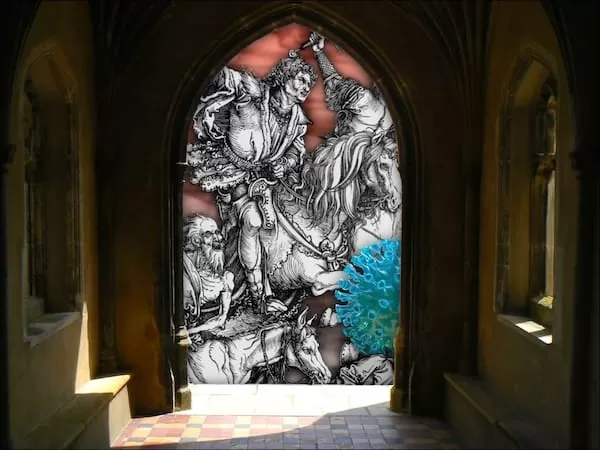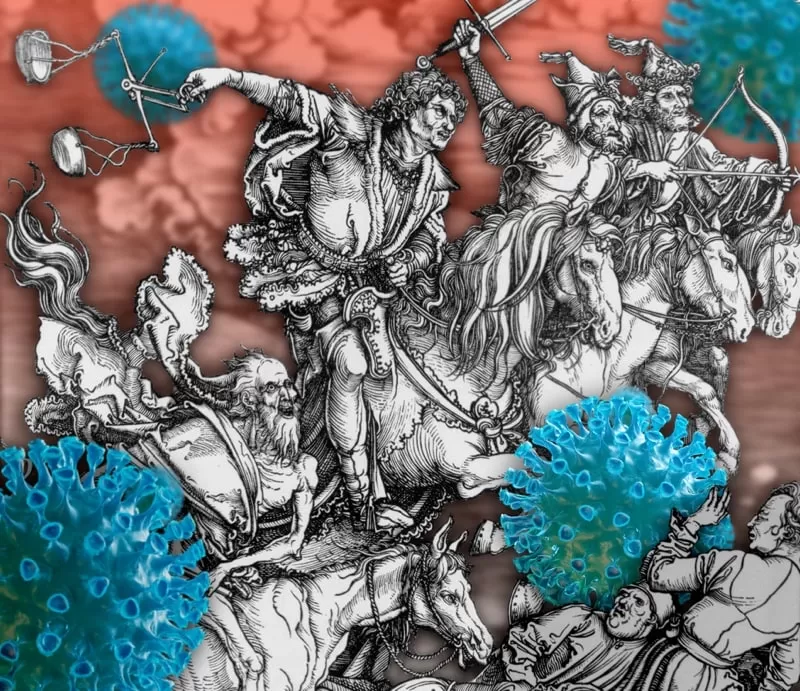This is the best theological reflection on the coronavirus pandemic that I have read so far
This is the best theological reflection on coronavirus that I have read so far. It’s a Jesuit Review essay by Tomáš Halík, who is a Catholic priest and a professor of sociology at Charles University, Prague. It offers something of the prophetic perspective that is missing from much of the bland and frankly sub-biblical evangelical commentary that I have come across. It has a distinctly Catholic point of view, but most of what he says has relevance for the whole church. It’s not a very long essay, but I’ll summarise what seem to me the main points.




Recent comments